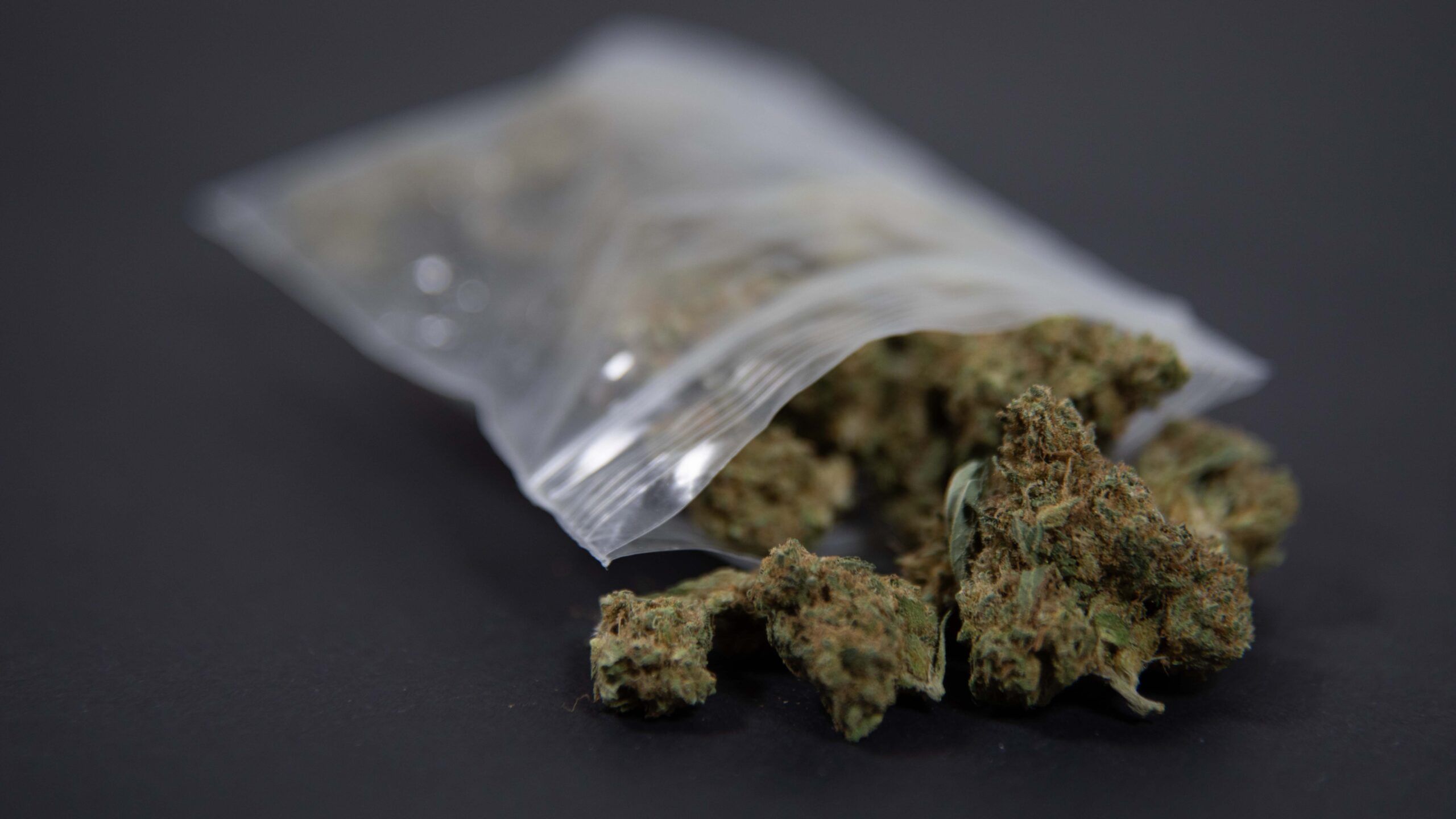With legalization continuing to expand across the United States, the conversation around cannabis in the workplace has become increasingly complex. While more states are adopting laws that permit recreational and medical cannabis use, federal prohibition remains in place, leading to a patchwork of workplace policies that vary by state, industry, and employer. Both employees and employers must navigate legal protections, workplace safety concerns, and evolving drug testing policies.
The Current Legal Landscape
As of early 2025, 26 states and Washington, D.C., have legalized recreational cannabis use, while 40 states have established medical cannabis programs. Despite widespread state legalization, cannabis remains classified as a Schedule I substance under federal law, meaning that federally regulated industries, such as transportation, aviation, and healthcare, continue to enforce strict zero-tolerance policies.
Many states have recently introduced or strengthened employee protections for off-duty cannabis use. States like California, New York, and Connecticut have laws preventing employers from taking disciplinary action against employees who use cannabis outside of work hours unless it directly affects job performance. However, other states still allow employers to enforce drug-free workplace policies, particularly in safety-sensitive positions.
Workplace Drug Testing and Policy Changes
One of the biggest challenges for employers is balancing workplace safety with employees’ rights. Traditional drug testing methods, such as urine and blood tests, can detect cannabis metabolites long after impairment has worn off, leading to concerns about fairness in disciplinary actions. In response, some companies have shifted away from pre-employment cannabis testing unless required by federal law or for safety-sensitive roles.
Employers are increasingly adopting impairment-based testing rather than relying solely on drug screenings. This includes behavioral assessments and real-time impairment detection technologies designed to assess cognitive function rather than past cannabis use. States like Nevada and Rhode Island have passed laws limiting an employer’s ability to deny employment based solely on a positive cannabis test, and more states are expected to follow suit in 2025.
Challenges for Employers and Employees
Despite evolving regulations, cannabis in the workplace continues to present challenges. Employers must ensure compliance with both federal and state laws while maintaining safe work environments. For example, companies operating across multiple states face difficulties in creating a consistent drug policy that aligns with varying state laws.
Additionally, impairment standards remain difficult to define. Unlike alcohol, where blood alcohol content (BAC) provides a clear measurement of impairment, no universally accepted threshold exists for cannabis intoxication. Employers must therefore rely on observable signs of impairment, but these can be subjective and difficult to enforce.
For employees, the biggest concern remains job security, especially in states without strong worker protections. Employees who use cannabis legally for medical purposes may still face termination or disciplinary action in certain industries or workplaces with strict no-drug policies.
The Future of Cannabis in the Workplace
As cannabis laws continue to evolve, workplace policies are likely to follow suit. More states are expected to introduce legislation protecting employees from discrimination based on legal cannabis use. At the same time, advancements in impairment detection may provide employers with better tools to assess real-time workplace safety without penalizing legal cannabis users unfairly.
Employers and employees alike must stay informed about changing laws and company policies to navigate this shifting landscape. While challenges remain, 2025 marks a pivotal year for cannabis in the workplace, with ongoing discussions about balancing workplace safety, employee rights, and the complexities of cannabis legalization.

